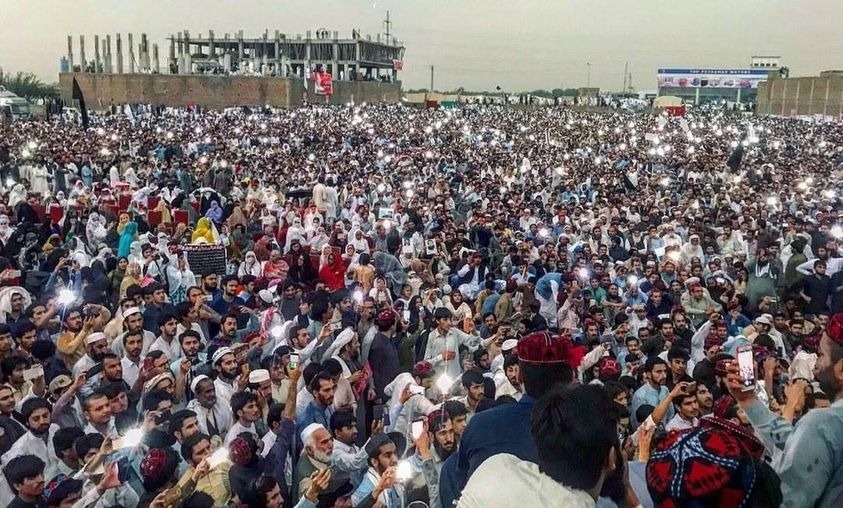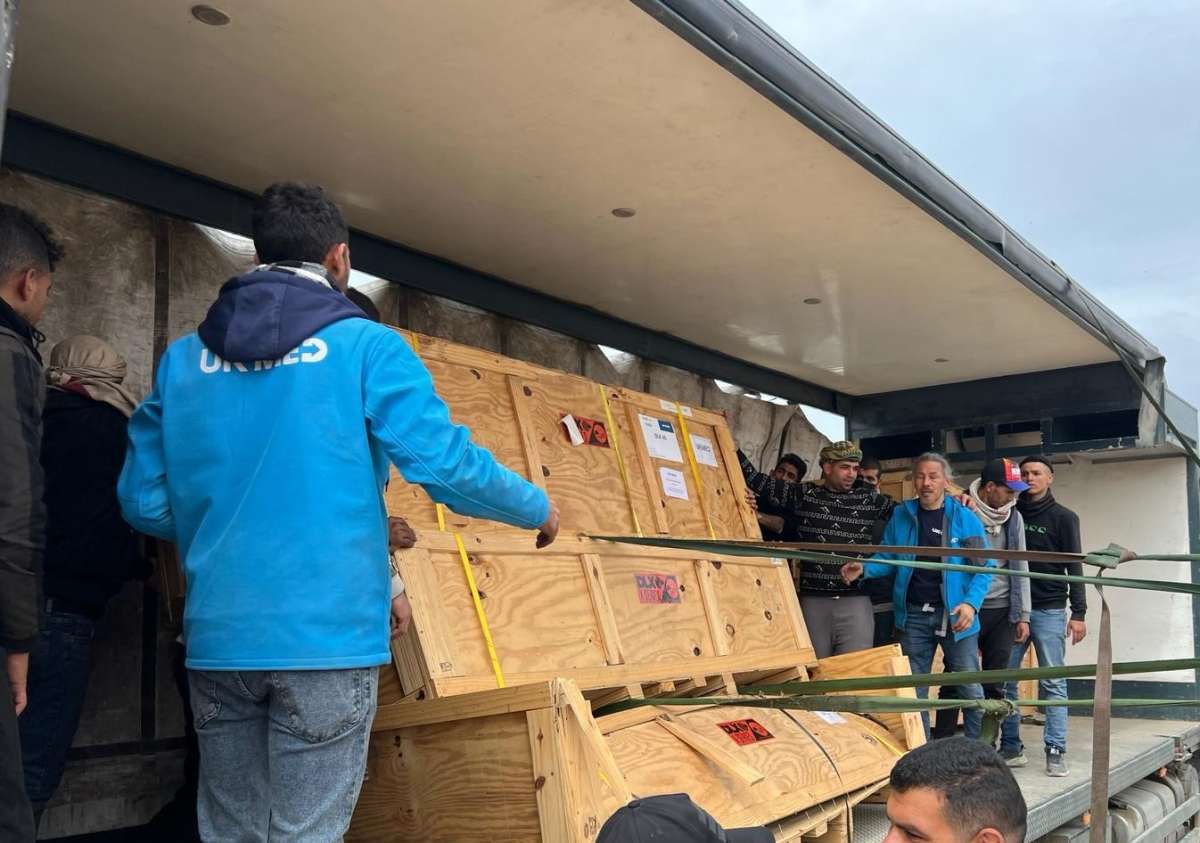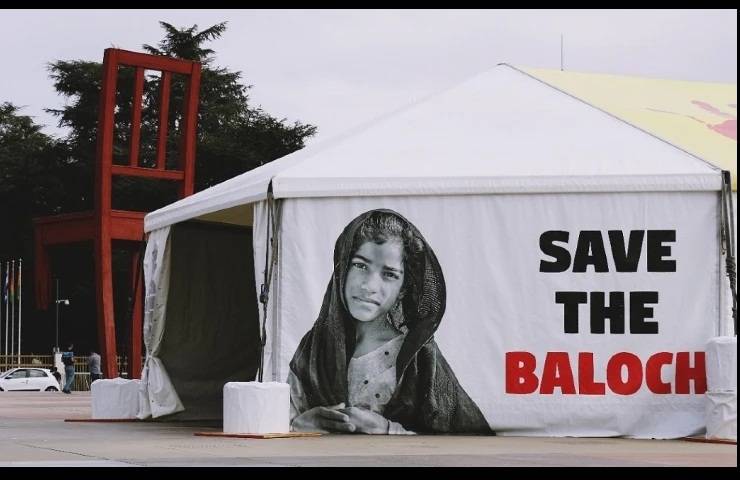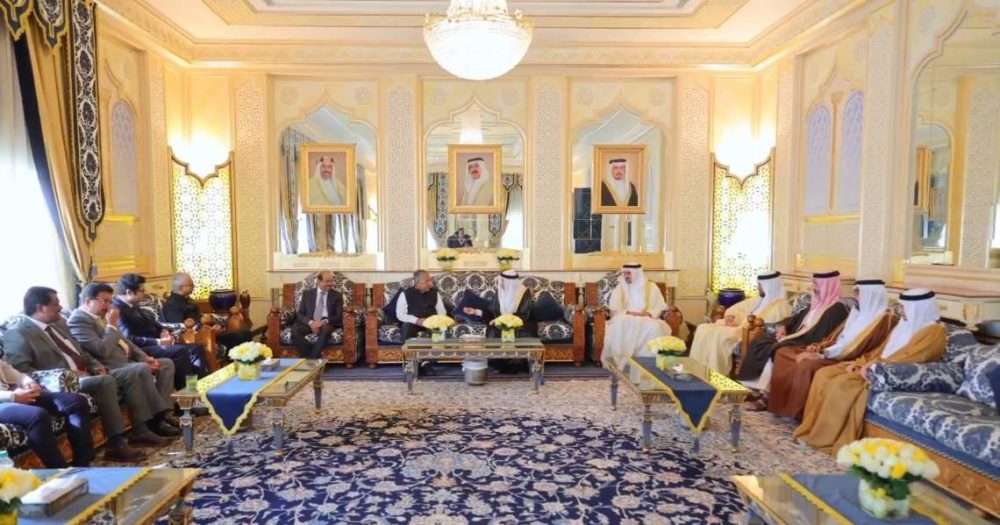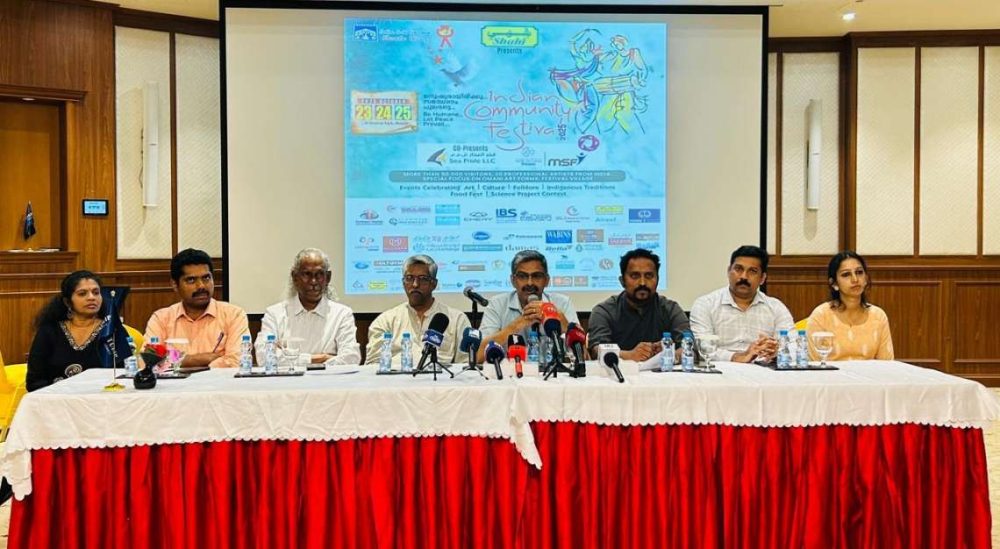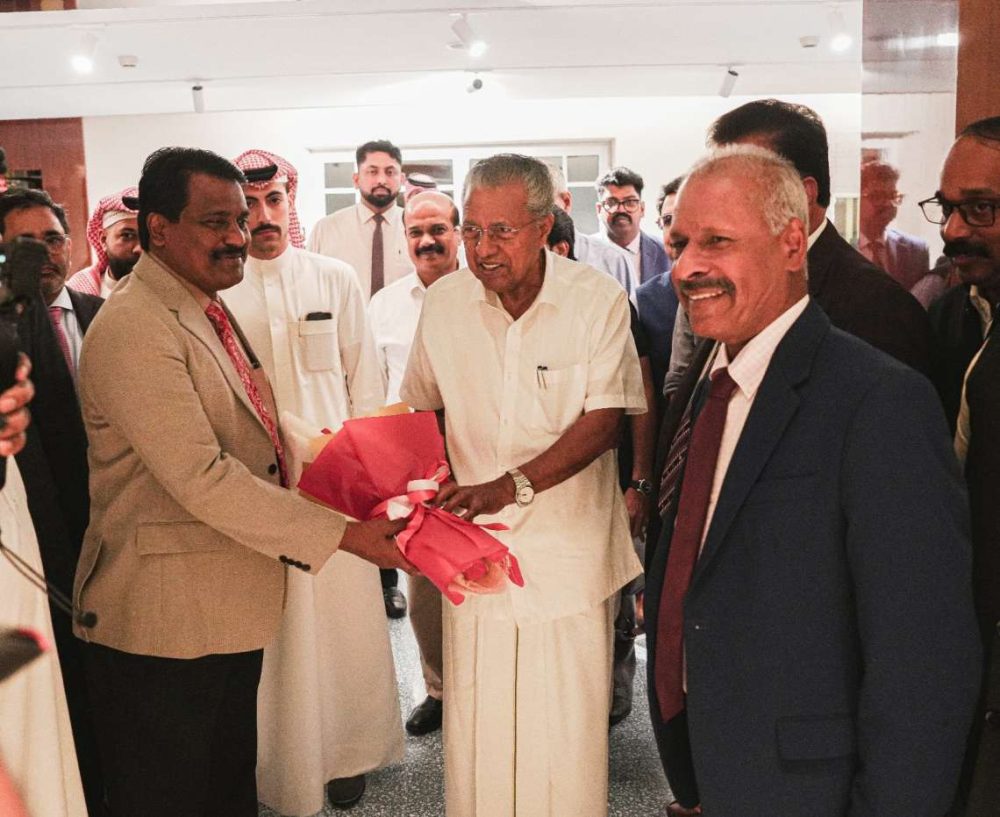Once considered the closest allies of Punjabi Pakistan, the Pashtuns today face deportation and humiliation for no fault of their own. The army, which they used to serve with great pride, has become the enemy. Like the Baloch, victims of the army’s jackboot policy for decades, the Pashtuns are on the streets to protest and express their anger … writes Dr Sakariya Kareem
The Pakistan Army is now set up on demolishing the great Pashtun community by killing many of the young leaders under the guise of counter-terrorism since 2001, then calling the protesting Pashtuns as enemies and now snatching their only right to a just share in federal politics by intimidation and manipulation of the election process. They are repeating a Balochistan in Pashtun-dominated tribal areas.
The anger against the army has been growing for years in these areas abutting the controversial Durand Line. Millions of Pashtuns live on either side of the disputed border with Pashtuns refusing to accept the British-drawn boundary line, cutting through their community. Scores of them have homes and hearth on both sides of the border. Many cross and return across the border for trade, family functions and other daily rituals. For the past two years, everything has changed.
Pashtuns have been dubbed as foreigners. They need travel documents to live and move about in their homeland. Trades have stopped. Family ties are broken. There is mounting anger among the Pashtuns who had been nursing a grouse since 2001 when their homes were bombed and they were uprooted in the name of counter-terrorist operations conducted by the Pakistan Army on behalf of the United States.
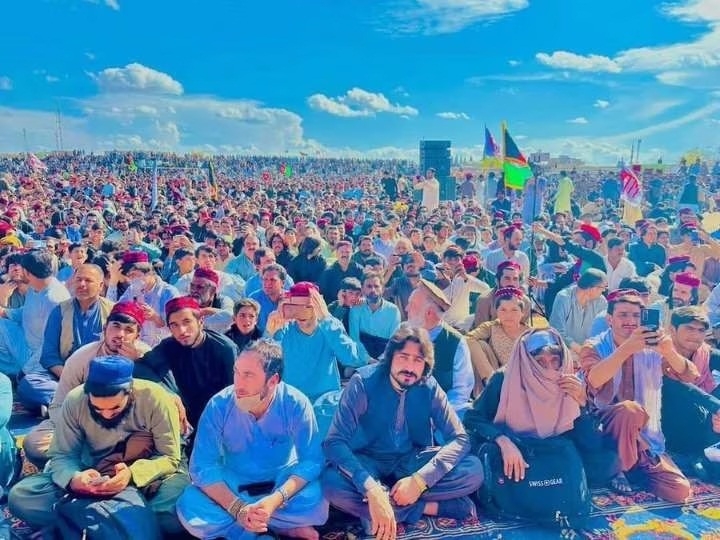
Once considered the closest allies of Punjabi Pakistan, the Pashtuns today face deportation and humiliation for no fault of their own. The army, which they used to serve with great pride, has become the enemy. Like the Baloch, victims of the army’s jackboot policy for decades, the Pashtuns are on the streets to protest and express their anger.
There is no place more telling about the Pashtun anger than the border town of Chaman, where for the past six months the local Pashtuns have been sitting on protest against Pakistan’s new policy of dividing the Pashtun community spread across the border. The Pashtuns now need special travel documents to move across the border which once was merely a walk across the border. Many of the Pashtuns shared the border in their property; families lived on both sides of the Durand Line without any hitch; trade across the border was normal. Now all that has changed permanently because the Pakistan Army and its state believe that Pashtuns can no longer be trusted.
The distrust between the army and the community became sharper during the recent elections in which the army carried out a systematic campaign to oust popular leaders like Mohsin Dawar through targeted attacks and manipulation of the poll process during the recent elections.
How the election results were declared showed the brazen manner in which the army manipulated the results. The winner was Jamiat Ulema-e-Islam-Fazl (JUIF) candidate Mufti Misbahuddin. He was declared winner four days after the elections, a telling sign of the army’s duplicitous games during the elections.
In the protests since then, two persons have been killed and six others have escaped assassination attempts by a thread. When the killings and targeted attacks on Pashtun leaders failed, the army posted pliable government staff as presiding officers so that the election process and results could be managed without fail. The next step was to declare primary schools, often two rooms, as combined polling stations for both male and female voters, a clever ploy to prevent women from voting. Even when these measures failed, the polling staff in some areas were taken to the nearest army and Frontier Corps barracks and they were forced to sign blank Form 45.
These blatant manipulations in the February elections have been like the last straws on the back of the already burdened camel, leaving Pashtuns angry and disheartened. Pakistan has added a few more million disgruntled citizens on the streets in protest.


